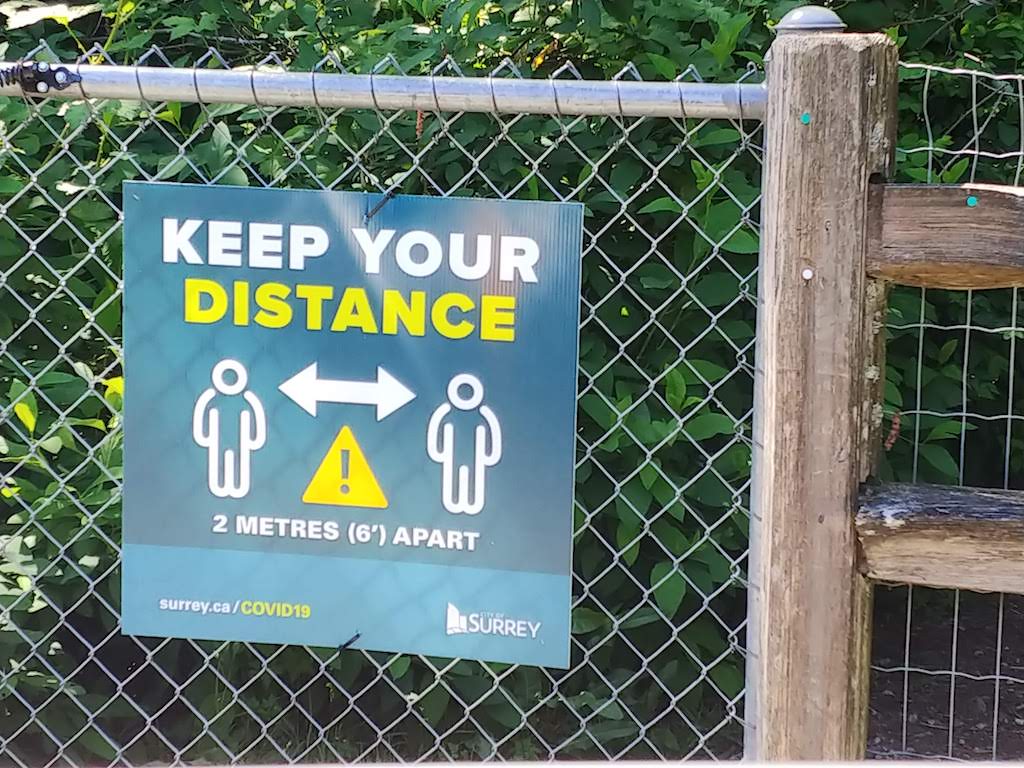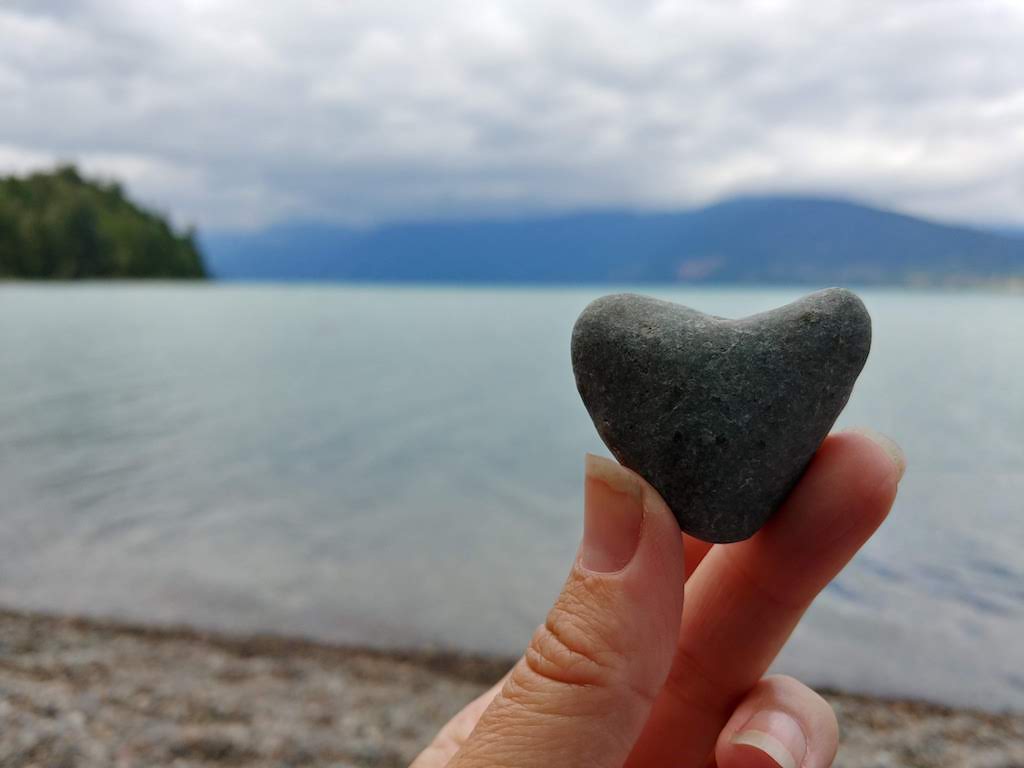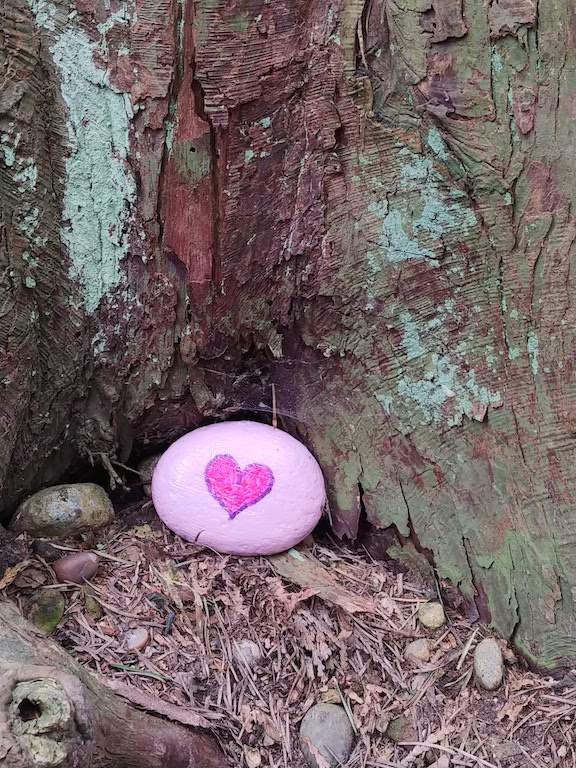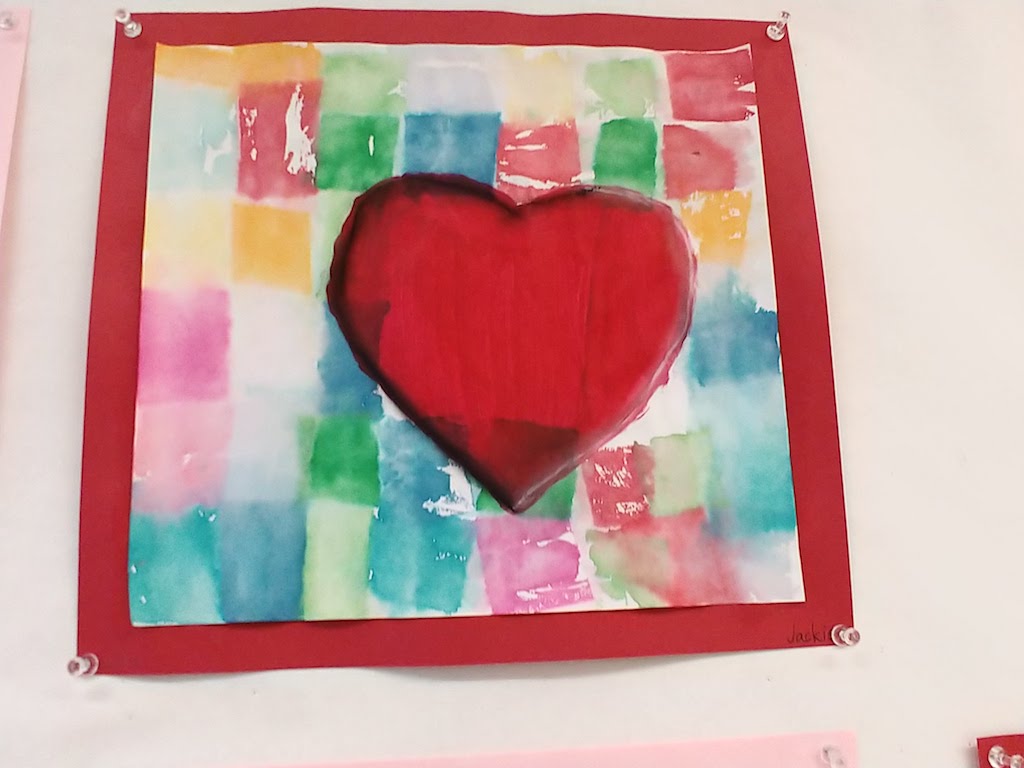COVID-19 (not to mention all the other life challenges we all face).
Need I say more?

Inevitably, life has challenging times. That is a given and to be expected. While there were predictions of a pandemic happening in the future at some point, what was not expected, was it happening now. For the past 6 months (or more, depending on where you live), we have been dealing with a global pandemic. To help slow the spread of the virus, we have had to limit the people we see, limit the amount of time we go out, and limit our activities. Schools were closed down for, at least, a couple of month, depending on where you live. Children were at home. Parents were expected to work and teach their children at home. Some people even lost their jobs. Others have health concerns (or family members with immunocompromised systems) which make it even more important to protect themselves, and their families, from this virus. As a result, there has been conflict … people being disrespectful of other’s decisions to wear masks or limit contact, etc… To say that changing the way we live our lives has been difficult would be an understatement. As a result, there has been much said in the media the last few months about the negative effects COVID-19 has had on people’s mental health.

When I met a gentleman on the beach the other day, we talked about how many people beat themselves up when things are challenging. We say harmful things to ourselves about our appearance, our actions, our mistakes, how fast (slowly) we complete our “work”, lack of self-care, etc… The list is endless really. The gentleman and I discussed how important it is for people to look at these things differently and instead of beating ourselves up, practise being kind to ourselves. Easier said than done, right? How many times have we thought/said things to ourselves that we would never say to someone else who may be suffering in some way?
As I mentioned in my last post, Noticing, I have been reading a book entitled, Self-Compassion: The Proven Power of Being Kind to Yourself by Dr. Kristin Neff. In her book, she states that research shows that self-compassion is a major protective factor against anxiety and depression. She goes on to describe that depression is when someone ruminates about past events while anxiety is when someone ruminates about the future and future events. Both depression and anxiety are representations of how our body tries to keep ourselves safe.

Dr. Neff discusses the importance of feeling our pain. Really feeling it… not numbing it out and not avoiding it, but feeling it. She states that “We can’t heal what we can’t feel.” We need to truly feel and understand what we are feeling and why in order to provide ourselves with the same compassion we would provide to others.
She discusses a formula for us to consider – Suffering = Pain x Resistence. Oftentimes, we resist the pain we feel and, as a result, increase our suffering greatly. Instead, Dr. Neff says if we come to terms with the pain, understand it is there and, even though it may be really difficult, we can do things to manage this pain. There are things we can do to help ourselves.

Dr. Neff talks about a self-compassion mantra practise that she implemented to help her to remember to be self-compassionate toward herself. She would use this mantra whenever she faced something negative – difficulties in life or negative self-thoughts. For her mantra she repeats some specific phrases. While these phrases may be perfect for you, she also discussed the importance for each person to come up with our own version of her mantra – one which we are able to connect with personally. I have included both Dr. Neff’s Mantra and her other corresponding ideas to help you out (and to remind myself).
| Dr. Neff’s Mantra (page 119) | Dr. Neff’s Other Ideas for Personalizing a Mantra (page 121-122) |
| “This is a moment of suffering.” | “I’m having a really hard time right now.” “It’s painful for me to feel this now.” |
| “Suffering is a part of life.” | “Everyone feels this way sometimes.” “This is part of being human.” |
| “May I be kind to myself in this moment.” | “May I hold my pain with tenderness.” “May I be gentle and understanding with myself.” |
| “May I give myself the compassion I need.” | “I am worthy of receiving self-compassion.” “I will try to be as compassionate as possible.” |

We are really all just doing our best during an intensely difficult time. While you are being compassionate to those around you for all they are going through, remember to pause and provide yourself with the self-compassion you deserve. This is hard. Really hard. September is over … one of the most difficult months of the school year has past. So, while you are thinking of ways to provide yourself with self-care, remember that self-compassion is one of the greatest gifts you can give yourself.
Do you provide yourself with self-compassion? If so, how do you do that?
How has self-compassion helped you?
What’s the most challenging thing for you with regards to providing yourself with the compassion you deserve (and need)?

Other Resources For Support
BCCDC: Mental Well-being During COVID-19
ChildHealth BC: COVID-19 Mental Health Resources
heretohelp: COVID-19 – Mental Health Supports
BC Aboriginal ChildCare Society: COVID-19 Mental Health Support Resources
BCPA: COVID-19 – Psychological First-Aid
BCTF: COVID-19 and Climate Change – Managing Existential Anxiety in Your Students
